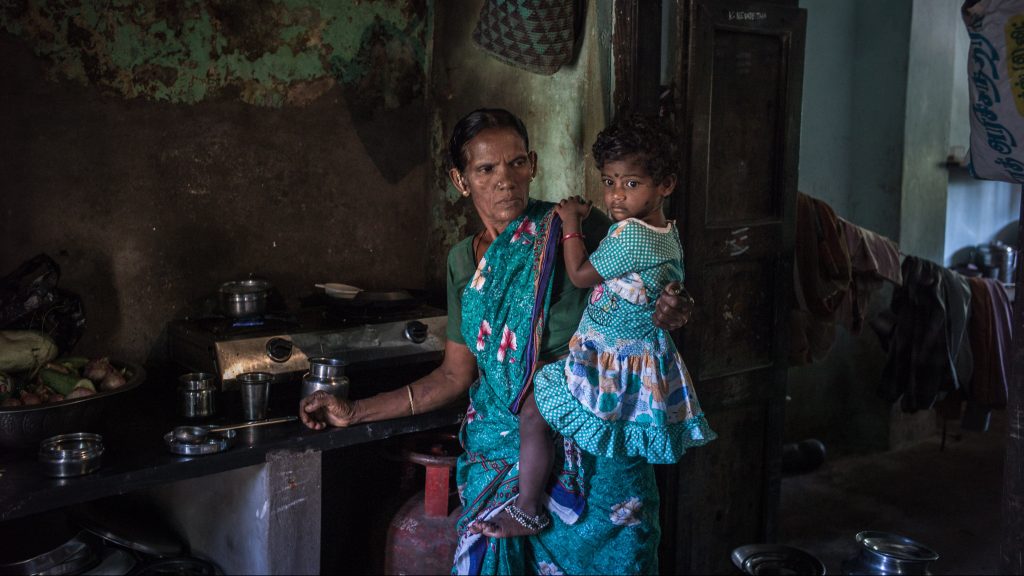Plantwise Plant Clinics provide advisory services to all farmers at Agri Expo in Pakistan
The Agriculture Department in Pakistan recently organised a two-day agriculture expo (23-24 June 2018) at the Expo center Lahore. The aim of the expo was to introduce recent interventions and advances in the agriculture sector to both farming and non-farming communities.
Rallying around plant health in Jamaica
The Rural Agricultural Development Authority (RADA), Research and Development Division (R&D) and Plant Quarantine Produce Inspection (PQPI) – all agencies of the Ministry of Industry, Commerce, Agriculture and Fisheries of Jamaica – teamed up with CABI Plantwise to prepare the first of a series of rallies on different plant health topics. A two-day workshop was…
New plant doctors trained in Pakistan
By Umair Safdar, CABI Pakistan Plant health is increasingly under threat from a range of abiotic factors – such as nutritional deficiencies, extremes in temperature, adverse soil pH, pollutants – as well as biotic factors such as fungi, bacteria, viruses, nematodes, insects and other animals. Diagnosing and managing these issues requires a new approach in…
Investing in smallholder farmers for a food-secure future
Smallholder farmers provide the vast majority of the world’s food supply, and ‘small-scale farming’ is the largest occupation group of economically active people, 43% of which are women. Approximately 2 billion of the world’s poorest live in households that depend on agriculture in some form for their livelihoods, whether this is for market or subsistence.…
Update: New Pest & Disease Records (08 June 18)
We’ve selected a few of the latest new geographic, host and species records for plant pests and diseases from CAB Abstracts. Records this fortnight include the first report of Melon necrotic spot virus in Brazil, the first report of chrysanthemum stem blight and dieback (caused by Tomato spotted wilt virus) in China and the first…
Making data digital in Pakistan
By Umair Safdar, Plantwise Pakistan Agriculture is increasingly knowledge-intensive with a continuing need to provide the right information to the people who need it most, making a real difference to their livelihoods. This ensures food security for the ever-growing population by providing the best possible remedies for crop health issues. Globally, rapid adoption of ICT…
The benefits of crop rotation for corn and soybean
Many farmers who grow soybean and corn also integrate crop rotation strategies to avoid the continuous corn yield cost, but scientists from the US have given a new reason to use crop rotation. Evidence suggests that rotating crops increases yield and lowers greenhouse gas emissions compared to monoculture corn or soybean.
Fostering knowledge and confidence to feed more
Globally, an estimated 815 million people go hungry each day. Without access to healthy food, they are chronically undernourished. Meanwhile, in spite of advances in agricultural technology, approximately 40% of the food grown annually in rural communities is lost to pests and diseases. People living with persistent hunger need and deserve a sustainable solution based…
Yellow Dragon Disease: An Increasing Threat to Global Citrus Production
Yellow dragon disease, also known as citrus greening disease is one of the greatest bacterial threats to citrus trees on a global scale, affecting crop production across Africa, Asia and North America.
From satellites to stem borers: using earth observation to forecast pest outbreaks
Globally, over 500 million smallholder farmers provide food for two thirds of the world’s population. With 40% of crops lost annually to pests, achieving zero hunger by 2030 depends on increasing the productivity of these smallholders. We already have weather forecasts, pollen forecasts and UV forecasts, but what if farmers had access to pest forecasts?





